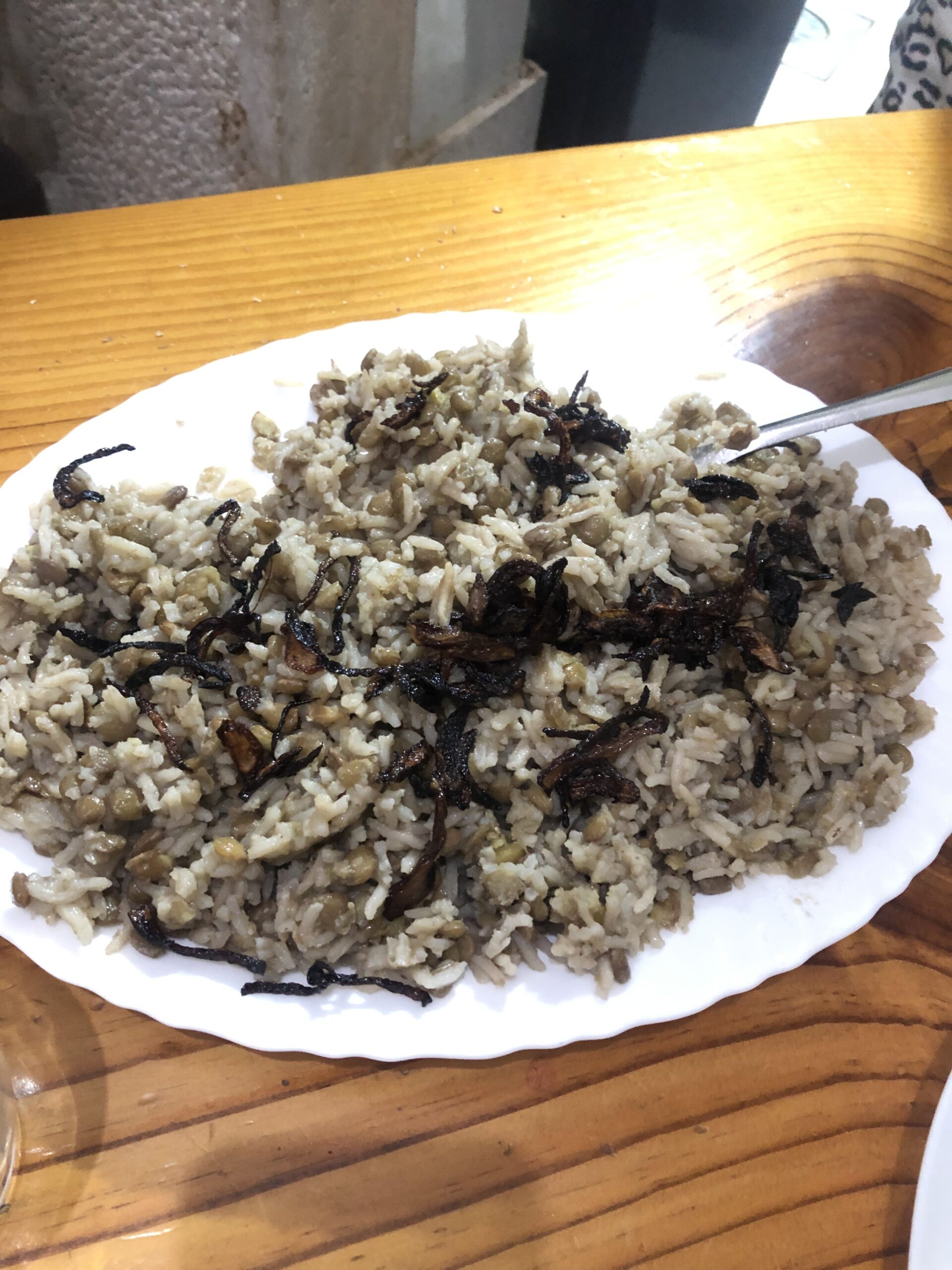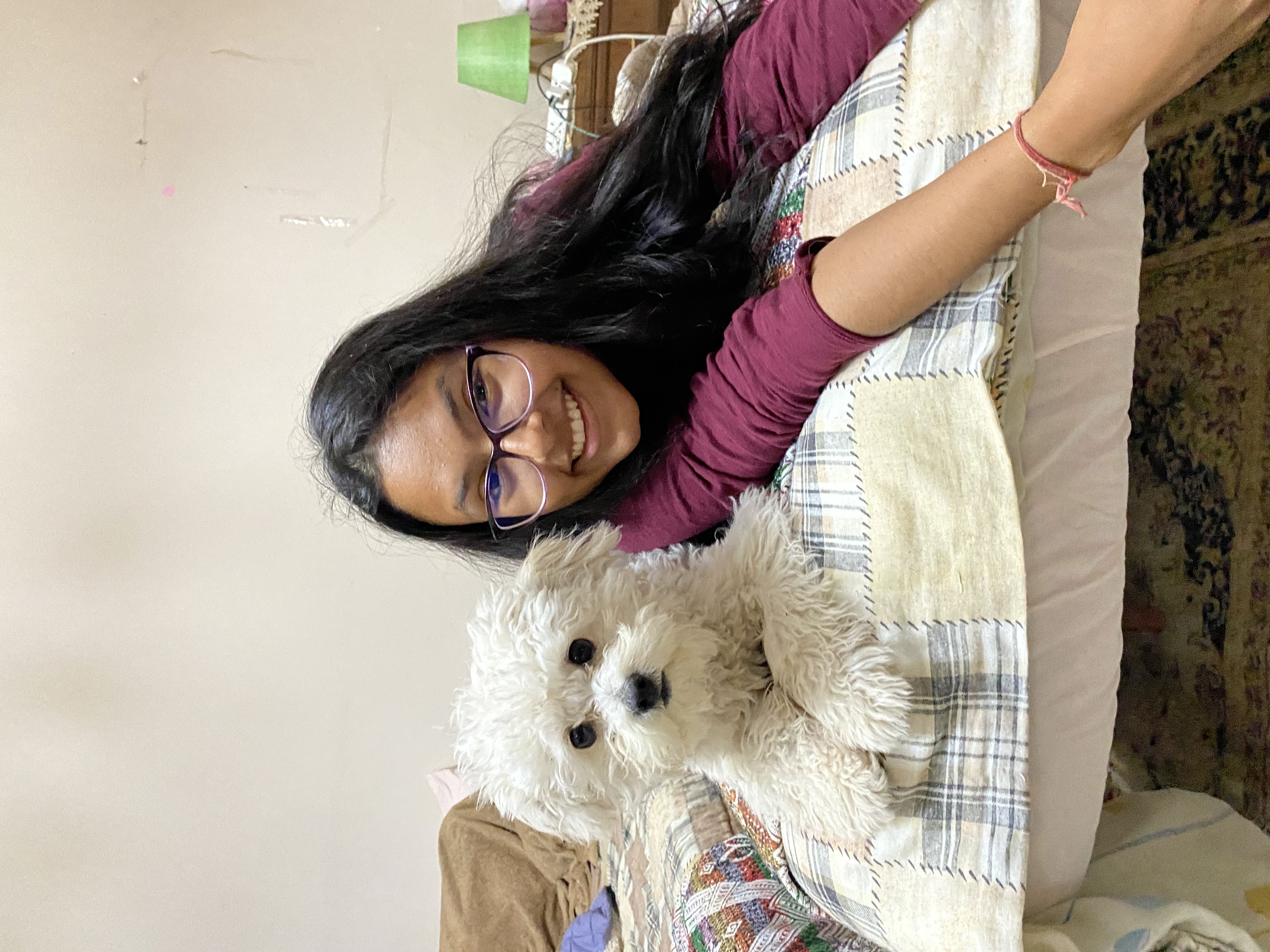
Homestay #2 and Experiential Immersion
WEDNESDAY, APRIL 13, 2022
We moved into our homestay a few days ago and I already started seeing layers of Amman that I did not have access to before. While I was walking through my neighborhood, I was able to see an informal settlement of people with a young population whose members would approach my homestay sister, roommate, and I to ask for money. I brought up my experience in the classroom the next day since I thought it came into conflict with what a local told me about there being no houseless people in Jordan. The local told me that the people I saw were not houseless people, but rather mobile communities of “gypsies” that have historically traveled around the country as the seasons changed and have an inherently uprooted lifestyle. The concept of nomadic communities that are not classified as houseless populations confuses me since I have no equivalent to compare it to in the United States. Similarly, there are unfamiliar Jordanian modes of life that I have been able to experience and observe in close proximity. Ramadan is in full swing and even though I am living with a Christian homestay family, it is having a strong influence on my experience since most of the population of Jordan is Muslim. The institutions here change their operations to accommodate people participating in Ramadan, which usually constitutes most of their customer or attendee base. Adjusting to the cultural norms here has been challenging in the sense that I have become hyper-aware of each action I take and each movement I make to avoid offending anyone or transgressing cultural norms. I appreciate my cultural awareness and know that it is helping me become a more socially-conscientious and responsible individual. In alignment with my goals, I have been leaping at every chance I get to learn more about the cultures represented in Jordan and most importantly, how they manifest in the people that I share space with. We are using Careem for our main mode of transportation here, which is almost the same as Uber in functionality. The drivers for my rides tend to speak at least a little bit of English, which allows me to practice my Arabic and communicate with them to share knowledge both ways. One of the drivers I had for a ride I recently took is from Palestine and was telling me and my friends about how he earnestly hopes to go back to his home in Gaza once it becomes safe to do so. He expressed how he felt that the international support Ukrainians were receiving in the midst of injustice at the hands of Russia felt unfair to him given that Palestine has been suffering similar violence for 16 years. The tables turned when he asked us whether we supported Palestine or Israel. I expressed my support for Palestine, but not before pausing to think about the enormity of the moment where I was prompted to express my political standing after someone shared how political warfare had entirely displaced their life. There needs to be more moments like this to the point where my being exposed to lived realities and reconciling them with my beliefs is not a stunning occurrence.

